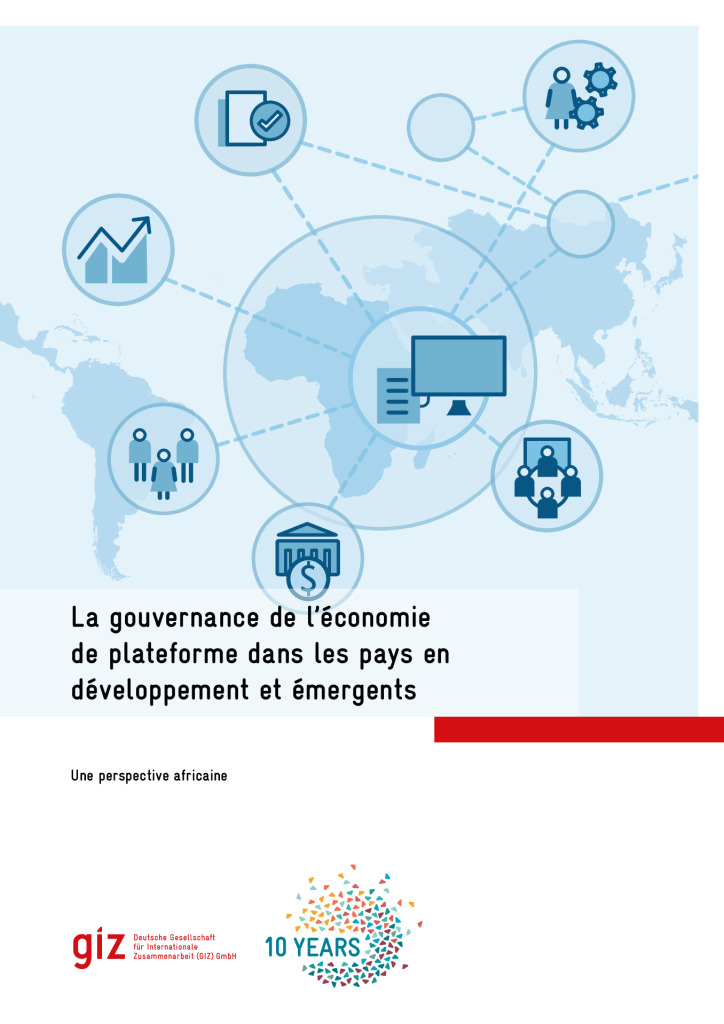Kick-off Meeting on Social and Labour Standards in the Textile and Garment Sector in Asia
Archive Emerging Market Multinationals Network for Sustainability

Recent trends in sustainable production of Asia’s textile and garment sector and China’s important role in the region were the main topics at the third roundtable on social and labour standards in the textile and garment sector in Asia.
Sustainable production in textiles is high on the agenda: More than 80 guests from the private and public sector attended the third roundtable on social and labour standards in the textile and garment sector in Asia. In collaboration with the Corporate Social Responsibility (CSR) Office of Shanghai Pudong New Area, the Jiaxing Municipal People’s Government and other local supporters, the EMM Network together with the Programme Social and Labour Standards in the Textile and Garment Sector in Asia had invited to the event held on February 25th in Shanghai. The event aimed at facilitating the dialogue between the different actors in the textile and garment sector to jointly bring forward sustainable production methods. It was also the China-kick-off of the programme “Social and Labour Standards in the Textile and Garment Sector in Asia” (SLSG), implemented by the Deutsche Gesellschaft für Internationale Zusammenarbeit (GIZ) GmbH, on behalf of the German Federal Ministry for Economic Cooperation and Development (BMZ).
“Sustainability pays off”, emphasized GIZ Managing Director Cornelia Richter in her opening remark. She mentioned the enormous progress China had made over the last years in the area of corporate social responsibility including compliance with social and labour standards, and added: “The prominent role of China in global textiles production in general should be taken as a chance and as an opportunity to carry to other producing countries in Asia what has been improved and achieved at home.”
Mr. Zhang Yanming, Executive Deputy Director of the CSR Office of Shanghai Pudong New Area pointed to the international shift in consumer behavior and how Shanghai policy makers have reacted to that: “Consumers in China and the world increasingly demand sustainably produced clothes. We have therefore included various sustainability-related aspects into our regional competitiveness ranking, which we continue to update and use as a basis for further policy making.” Mr. Zhu Yongming, Director of Foreign Affairs, Jiaxing Municipality reinforced the commitment to CSR at the municipal level in the Greater Shanghai Area and pointed to the “vital and lively cooperation towards jointly promoting CSR in the textiles sector”, Jiaxing has built up with GIZ over the past few years.
Three presentations outlined the current state of CSR implementation in the textile and garment sector in Asia. As the sector is frequently referred to as one of the main engines of China’s fast economic growth during the last 15 years, the potential for know-how transfer to other countries was highlighted in all three presentations. The internationalization of Chinese business models in this sector and the increasing FDI engagement of Chinese companies in South and Southeast Asia bring new opportunities for regional cooperation but also new challenges. This especially holds true with regard to existing differences in social and labour standards in China compared to other countries of the region.
Subsequent roundtable discussions enabled participants to further elaborate on these challenges and opportunities in Asia with a focus on China, Bangladesh and Cambodia. First joint ideas were developed to jointly tackle these issues. It was agreed that is is essential to urge joint efforts towards a more sustainable production model and CSR enhancement.
The EMM Network and GIZ SLSG will therefore continue to cooperate in working towards regional exchange and cooperation with the overall aim to achieve greater competitiveness in the Asian textile and garments sector by improving labour and social standards. The high response to the event reflects the willingness of regional and international actors in the sector to cooperate towards a common goal: Enhancing CSR and sustainable business approaches in Asia. GIZ will take an active part to further promote and facilitate the dialogue between all actors and promote knowledge sharing and mutual learning



